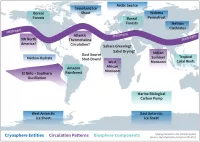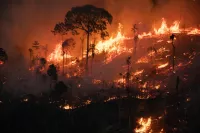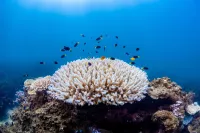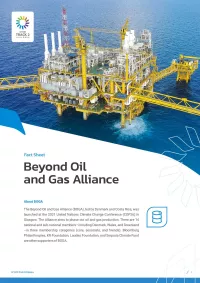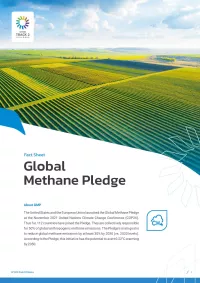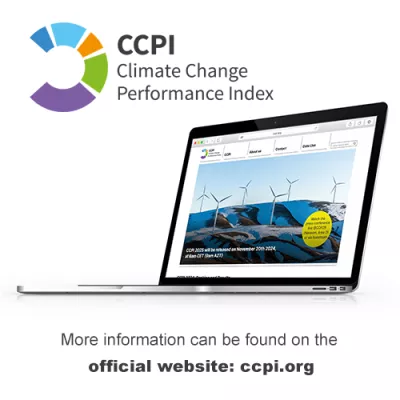Aktuelles zum Thema
Renewable energy is making rapid progress in almost every high-emitting country. However, too many countries are still clinging to prolonging the fossil fuels business model, especially for gas. This is shown in the Climate Change Performance Index (CCPI 2025) published today by Germanwatch, NewClimate Institute,and CAN International. Each year, the CCPI assesses the progress made by the largest emitters worldwide in terms of emissions, renewables and climate policy.
Scorching heat, heavy rainfalls, raging wildfires, deadly floods, and devastating storms – the manifestations of extreme weather events have become a common phenomenon around the globe. In this blog post we give an overview of the extreme weather events occurring in 2023 and show why it is imperative that nations, communities, and individuals take concerted action to mitigate the root causes of climate change, adapt to its impacts, and work towards a more sustainable and resilient future.
At the UN Climate Conference in Glasgow (COP26), several multilateral initiatives were launched. In this fact sheet, we took a closer look at the Beyond Oil and Gas Alliance (BOGA) and its potential to close the 2030 ambition gap and implement climate action more quickly.
At the UN Climate Conference in Glasgow (COP26), several multilateral initiatives were launched. In this fact sheet, we took a closer look at the Global Methane Pledge (GMP) and its potential to close the 2030 ambition gap and implement climate action more quickly.




